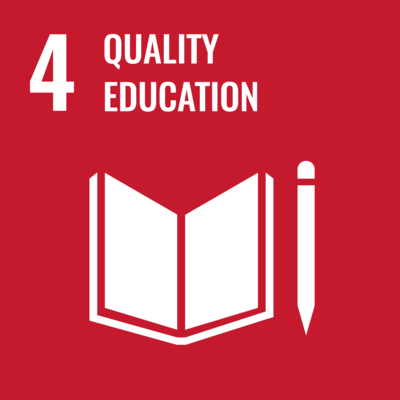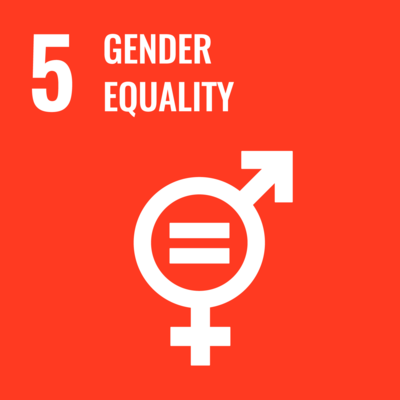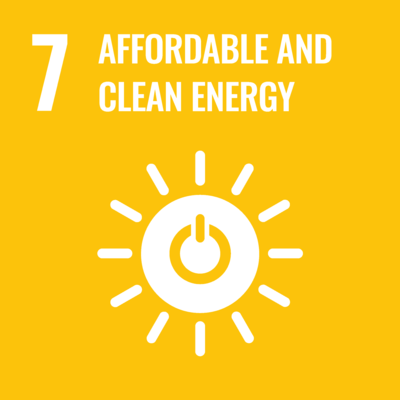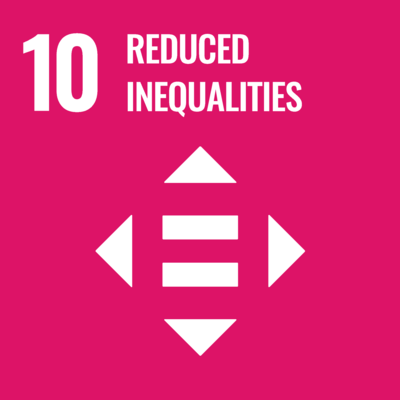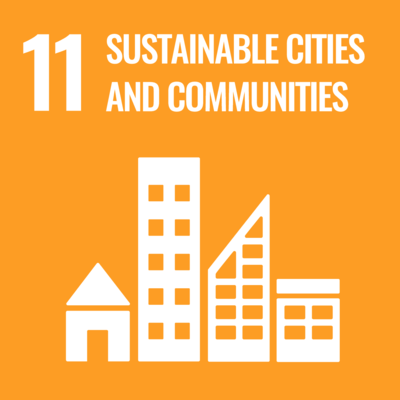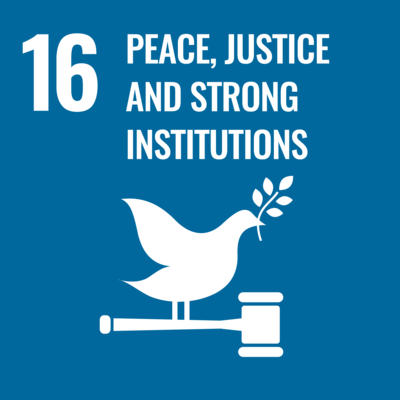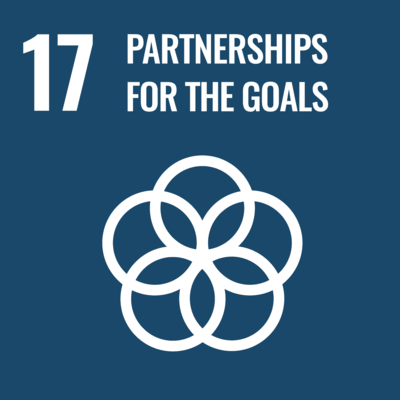SDG 10.6.10 Disability accommodation policy
1. Protecting the rights of people with disabilities in the workplace
The university has enacted the National Changhua University of Education Commitment of Sustainability to protect the rights of people with disabilities to enjoy equal and appropriate workplace conditions. In accordance with Article 38 of the People with Disabilities Rights Protection Act, NCUE employed 29 persons with disabilities, accounting for 3.58% of the total number of employees, which is higher than the 3% standard set by the rule.
Please refer to Appendix 10.6.10A: People with Disabilities Rights Protection Act
Please refer to Appendix 10.6.10B: National Changhua University of Education Commitment of Sustainability
2. Accommodation regulations for people with disabilities in NCUE
NCUE provides appropriate accommodation policies. Students with disabilities enjoy a reduction in tuition and miscellaneous fees, as well as guaranteed accommodation, and accessible dormitories are arranged according to their physical and mental conditions, as follows:
(1) Providing suites for faculty members and staff with disabilities
On the first floors of the Zhong and Xiao Buildings of the university’s dormitories (single room), suites with a bedroom and toilet with accessible bathroom facilities are available for qualified faculty members and staff to use.
※Appendix 10.6.10C: Fundamentals for the Management of Dormitories of National Changhua University of Education
(2) NCUE’s rules for student accommodation
There are seven dormitories on campus, and the allocation of rooms for students with disabilities at each dormitory is detailed in Table 1, with a maximum capacity of 3,300 students. The proportion of students who can be provided with accommodation is 46%.
Every year, freshmen(including transfer students), students with disabilities, overseas Chinese and foreign students, government expense students, students from offshore islands, students with excellent sports performance, and disadvantaged indigenous students are guaranteed to be prioritised for accommodation. Students from low-to-middle-income families and low-income families are provided with free accommodation. Students with disabilities are eligible for reduction in tuition and miscellaneous fees as well as guaranteed accommodation. According to their physical and mental conditions, accessible dormitories are arranged for students, and the occupancy situation of disadvantaged students at NCUE in 2023 is shown in Table 2.
Table 1: Statistics of accommodation for students with disabilities in 2023
|
Name of the dormitory |
Number of rooms |
Number of rooms for students with disabilities |
|
3rd dormitory |
77 |
3 |
|
5th dormitory |
90 |
4 |
|
6th dormitory |
63 |
1 |
|
7th dormitory |
140 |
3 |
|
8th dormitory |
179 |
6 |
|
9th dormitory |
151 |
6 |
|
10th dormitory |
187 |
8 |
Table 2: Accommodation statistics of disadvantaged students in 2023
|
Disadvantaged students |
Number of people |
|
Students with disabilities |
51 |
|
Overseas Chinese and foreign students |
152 |
|
Disadvantaged indigenous students |
35 |
|
Students from low-income families (free accommodation) |
57 |
Please refer to Annex 10.6.10D, Regulations on Application for Residence Allocation in the Student Dormitories of National Changhua University of Education.
Please refer to Annex 10.6.10E, Regulations on the Management of Student Dormitories in National Changhua University of Education.
3. Off-campus housing rent subsidy:
To further assist underprivileged students in their pursuit of education, we are dedicated to ensuring that students from families with incomes falling within the lower 40% can access educational subsidies either from the government or the institution. Students eligible for these subsidies include those from low-income households, middle-to-low income households, or those identified as disadvantaged within the college or university system. These students may apply for rent subsidies, with the specific subsidy amount varying according to the student's rental location, ranging from NTD$2,400 to NTD$3,600 per person per month. The subsidy period covers both the first semester, from August to January of the following year, and the second semester, from February to July. Typically, the subsidy period is for 6 months each semester. In 2023, a total of 32 students received these subsidies, with the total sum reaching NTD$498,240. (Website: https://stuaff01.ncue.edu.tw/files/11-1020-2887.php?Lang=zh-tw)
Please see Annex 10.6.10F - College and University Financial Aid Program for Underprivileged Students (excerpt on accommodation benefits)
https://stuaff01.ncue.edu.tw/ezfiles/20/1020/img/720/130955673.pdf
4. Accommodation for foreign students is also guaranteed
Along with the annual accommodation guarantee for foreign students, the accommodation fee for their first year at NCUE is exempted. Graduate students who meet the criteria of the university’s award points are exempted from accommodation fees for up to two years for master’s degree programs, and for up to three years for doctoral degree programs, effective from February 2020. The occupancy status in 2023 for international students at the dormitories are as shown in Table 3.
Table 3:Statistics on the accommodation of foreign students in 2023
|
Preferential treatment |
Number of people |
|
Free accommodation in the first year |
15 |
|
Free accommodation in the second year |
9 |
|
Free accommodation in the third year |
12 |
Please see Annex 10.6.10G - NCUE Implementation Guidelines for Awarding Foreign Students
5. Operating funds allocated to guide students with disabilities
According to the Fundamentals for Subsidizing Universities and Colleges on Recruiting and Counselling Students with Disabilities issued by the Ministry of Education (https://edu.law.moe.gov.tw/LawContent.aspx?id=FL026216), NCUE applies for an annual subsidy from the Ministry of Education provided by the Work Plan of Recruiting and Guiding University and College Students with Disabilities so as to provide various forms of counselling and services for students with disabilities. In 2023, the Ministry of Education subsidized more than NTD$3,197,314 to help students with disabilities with verification reports adapt to university life, expand their networks, and increase their ability to study various courses, so that they could finish their studies. The funds were also used to provide support services that enhanced their adaptation to emotional issues, academic matters, society, and employment.




